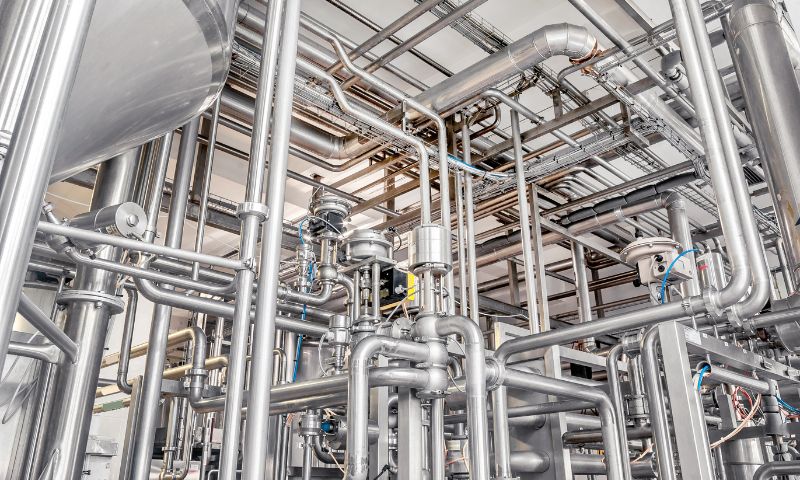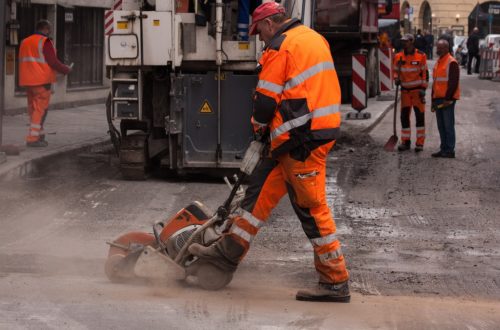What You Should Know About Process Piping

For industrial factories and other businesses, pumping gas and liquids through pipes is nothing out of the ordinary. However, not all pipes work the same way. If you have process piping anywhere in your plant, there are some things you should know about it. This brief guide will go over the main points.
Where You’ll Find Process Piping
Not all industries use process piping, so you should first find out if yours does. While this isn’t a comprehensive list, some of the primary industries are:
- Chemical processing plants
- Water treatment centers
- Food and beverage factories
- Pharmaceutical facilities
Of course, some businesses will use this type of piping even if they don’t fall into one of these categories. It all depends on what your company produces and how it operates.
What Process Piping Is
In order to figure out if your company uses process piping, you should learn what it is. As the name implies, businesses use these pipes to process materials. This can include fuels, chemicals, and other raw materials. Typically, these pipes will combine a variety of gases and liquids to create a final product.
How It Differs From Standard Plumbing
Because of the specifics of these systems, process piping is very different from standard plumbing, even though they look very similar from the outside. In general, the goal of plumbing is to move liquid in or out of a facility. If multiple components in the piping system are coming together and not leaving the facility, then it’s likely process piping instead.
How To Maintain It
In order to ensure that your process piping system functions correctly, you should know how to maintain it. As long as your company set up the network of pipes correctly, with valves spread out throughout the system, you shouldn’t have any issues servicing it.
Just make sure you follow the dos and don’ts of process piping maintenance when fixing an issue or performing upkeep. Failing to do so will likely lead to more significant problems down the road, which will end up costing your company more money.
Would you like to receive similar articles by email?





